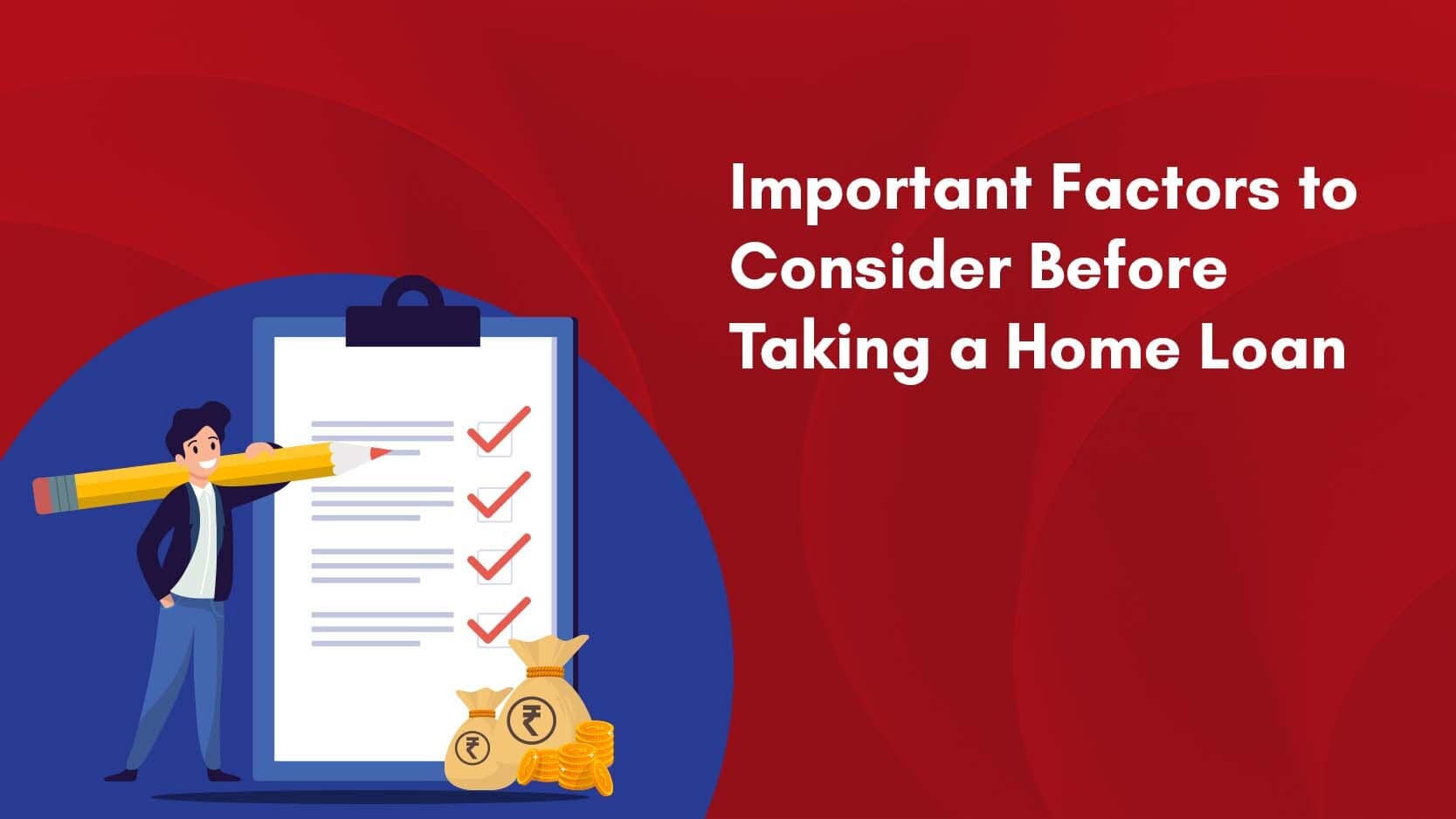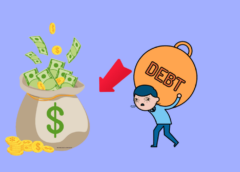Five Ways the Wealthy Use Debt to Build Their Fortune
When most people think about debt, they picture financial stress and struggle. However, for the wealthy, debt is often a tool that helps them build and expand their fortunes. Contrary…
Practical Tips and Strategies to Get Out of Debt Quickly in Kenya
Debt can be overwhelming, but with the right approach, you can regain financial control. Whether you have loans, credit card balances, or personal loans, these practical tips and strategies will…
Essential Factors to Consider When Taking Out a Loan: A Comprehensive Guide
Taking out a loan is a significant financial decision that can impact your financial health for years to come. Whether you’re financing a new business, funding educational expenses, or addressing…
What are the best strategies for managing credit card debt?
Strategies for Managing Credit Card Debt Effectively Managing credit card debt is a crucial aspect of personal finance that requires a strategic approach to reduce balances, minimize interest costs, and…
Should I prioritize paying off debt or saving for emergencies?
Prioritizing Debt Repayment vs. Building an Emergency Fund: A Strategic Approach When managing your finances, deciding between paying off debt or saving for emergencies requires careful consideration of your financial…
How can I pay off my debt faster?
Strategies to Pay Off Debt Faster: Achieve Financial Freedom Sooner Paying off debt faster can help you save money on interest, reduce financial stress, and achieve your financial goals sooner.…
Setting Priorities in Your Budget: An Detailed Approach to Financial Stability
Creating a budget is more than just listing your expenses and income; it’s about prioritizing your financial goals to achieve long-term stability and peace of mind. Here’s a detailed guide…
How to Pay Off Debt Quickly: A Comprehensive Guide
Debt can feel like a heavy burden, but with the right strategies and a committed mindset, you can pay off your debt more quickly than you might think. Here are…
“Debt: The Controversial Tool of Wealth Creation Explained”
In the realm of personal finance, few topics stir as much debate as debt. From cautionary tales to success stories, debt is often portrayed as a double-edged sword—one that can…
Identifying Different Spending Categories
## 1. The Importance of Data Gathering Before we dive into the nitty-gritty, let’s appreciate why gathering accurate data matters: – Holistic Viewpoint: Tracking expenses provides a holistic view of your financial life. It’s…











